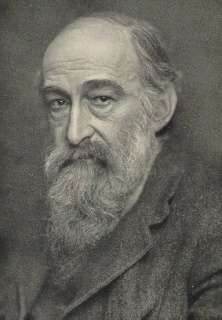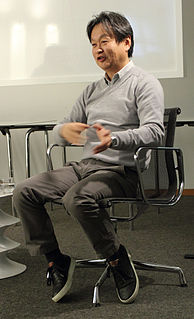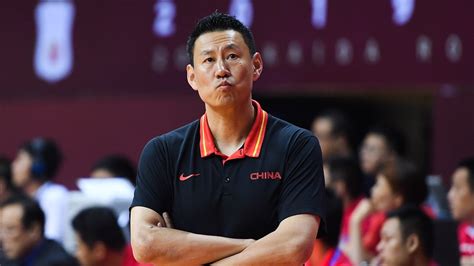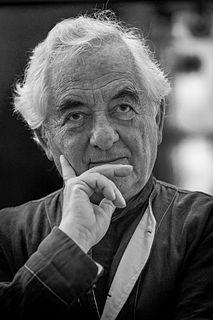A Quote by Samuel Alexander
Hence, in desiring, the more the enjoyment is delayed, the more fancy begins to weave about the object images of future fruition, and to clothe the desired object with properties calculated to inflame the impulse.
Related Quotes
Object in/ and space - the first impulse may be to give the object - a position - to place the object. (The object had a position to begin with.) Next - to change the position of the object. - Rauschenberg's early sculptures - A board with some rocks on it. The rocks can be anywhere on the board. - Cage's Japanese rock garden - The rocks can be anywhere (within the garden).
The poetic impulse is distinct from ideas about things or feelings about things, though it may use these. It's more like a desire to separate a piece of one's experience & set it up on its own, an isolated object never to trouble you again, at least not for a bit. In the absence of this impulse nothing stirs.
Of course, pictures of objects also have this transcendental side to them. Every object, being part of an ultimately incomprehensible world, also embodies that world; when represented in a picture, the object conveys this mystery all the more powerfully, the less of a 'function' the picture has. Hence, for instance, the growing fascination of many beautiful old portraits.
What you want will pull like a magnet. Here's the other part. What for? Purpose is stronger than object. It's the 'What for?' that's even more powerful than the object. And the more you can describe in detail to stir the emotion and the intellect and the spirit and the soul, then the more powerful the 'what for' is.
No matter the style, the farther one goes the more obstacles increase, and the more distant appears the object it is desired to attain. Again, the most strenuous labor affords the greatest artists but a disquieting gleam which only reveals their inadequacy, while the self-satisfied ignoramus surrounded by the deepest gloom flatters himself that he has nothing more to learn.
I want to create work that extends beyond myself because I always thought it was a way to change the general rules about art, and also to give an impulse to something else. It's a transformation about attitude. Most of the time, when someone buys the object, it's 100 percent transferred to them. I don't think this is true. Something exists within the object that can never be appropriated. This little part, I try to make it visible.
To dwell in the here and now does not mean you never think about the past or responsibly plan for the future. The idea is simply not to allow yourself to get lost in regrets about the past or worries about the future. If you are firmly grounded in the present moment, the past can be an object of inquiry, the object of your mindfulness and concentration. You can attain many insights by looking into the past. But you are still grounded in the present moment.









































